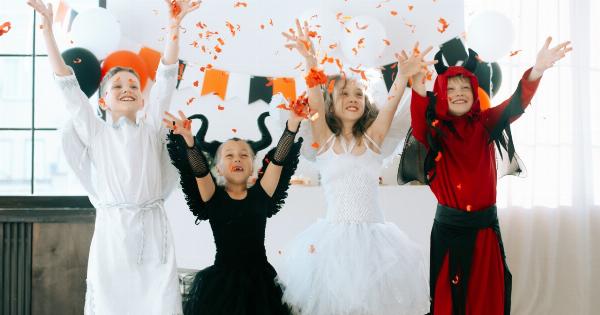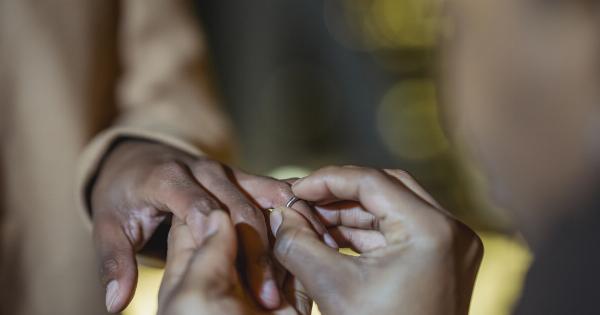Dark magic has long intrigued and frightened people across different cultures and eras. Among the various aspects of black magic, hexes and curses tend to hold a special place in our collective imagination.
Countless tales, myths, and legends have depicted these mystical practices as potent weapons of revenge, punishment, or even supernatural retribution. However, it is essential to distinguish between the myths surrounding hexes and curses and their actual realities.
What are Hexes and Curses?
Hexes and curses are forms of negative magic intended to bring harm or misfortune to a specific person or group of individuals.
In popular lore, they are often associated with the belief that an individual possesses the ability to harness malevolent energies and direct them towards their intended target. Books, movies, and TV shows have portrayed hexes and curses as a means to seek revenge, control others, or gain supernatural powers.
The Power of Belief
One crucial factor that fuels the perception of the power of hexes and curses is belief.
Many cultures have rich traditions and folklore regarding curses, with some even attributing serious illnesses, accidents, or failed endeavors to the effect of hexes and curses. Believing in the power of dark magic can instill fear and anxiety, leading individuals to be cautious and wary of potential curses.
The Role of Intention
Intention plays a significant role in hexes and curses. It is widely believed that the effectiveness of these negative spells depends on the malice, energy, and intent behind their casting.
In many fictional depictions of witchcraft, the caster typically performs elaborate rituals or incantations to imbue the hex or curse with their intentions, making the spell more potent.
The Consequences of Hexes and Curses
The portrayal of hexes and curses in popular media often emphasizes their devastating consequences. From causing illness or bad luck to bringing about tragic events, the potential aftermath of a curse appears terrifying.
While it is essential to acknowledge the power of belief and intention, it is crucial to note that the consequences of hexes and curses primarily exist in the realm of perception and personal experiences rather than empirical evidence.
Historical Accounts and Cultural Beliefs
Throughout history, various cultures have held beliefs about hexes and curses. In Ancient Greece and Rome, people feared the concept of the “evil eye” and its ability to bring misfortune.
Similarly, in many African and Caribbean cultures, the belief in “juju” or “voodoo” curses persists. These cultural beliefs often involve intricate rituals, talismans, or amulets meant to protect individuals from the effects of hexes and curses.
The Role of Witchcraft
Witchcraft has become closely associated with hexes and curses in popular imagination. In reality, witchcraft encompasses a wide range of practices, and not all practitioners engage in dark or negative magic.
Witches, historically marginalized and persecuted, have diverse beliefs and practices rooted in nature, healing, and spirituality.
Magical Countermeasures
Many cultures have developed their own techniques and rituals to counteract hexes and curses. These protective measures often involve the use of amulets, herbs, prayers, or even seeking the assistance of a spiritual healer.
The belief in these countermeasures offers a sense of control and protection against perceived supernatural forces.
The Ethical Debate
An ethical debate surrounds the use of hexes and curses. Some argue that utilizing dark magic to harm others violates fundamental principles of empathy and morality.
Others believe that hexes and curses can be justified as a form of self-defense or retribution in certain circumstances. However, it is important to remember that ethical considerations may vary among different cultural and spiritual perspectives.
The Reality Check
While tales of hexes and curses make for captivating stories, it is crucial to approach the subject with skepticism and critical thinking.
The lack of scientific evidence and the prevalence of cultural beliefs suggest that many perceived effects of hexes and curses may be attributed to psychological factors such as the power of suggestion, psychosomatic experiences, or simple coincidence.
Empowerment through Rationality
Rather than succumbing to fear or anxiety about the potential effects of hexes and curses, embracing rationality can empower individuals to dispel myths and focus on tangible solutions to life’s challenges.
By relying on logic, evidence-based thinking, and personal agency, individuals can navigate the complexities of life without succumbing to the paralyzing grip of dark magic folklore.





























